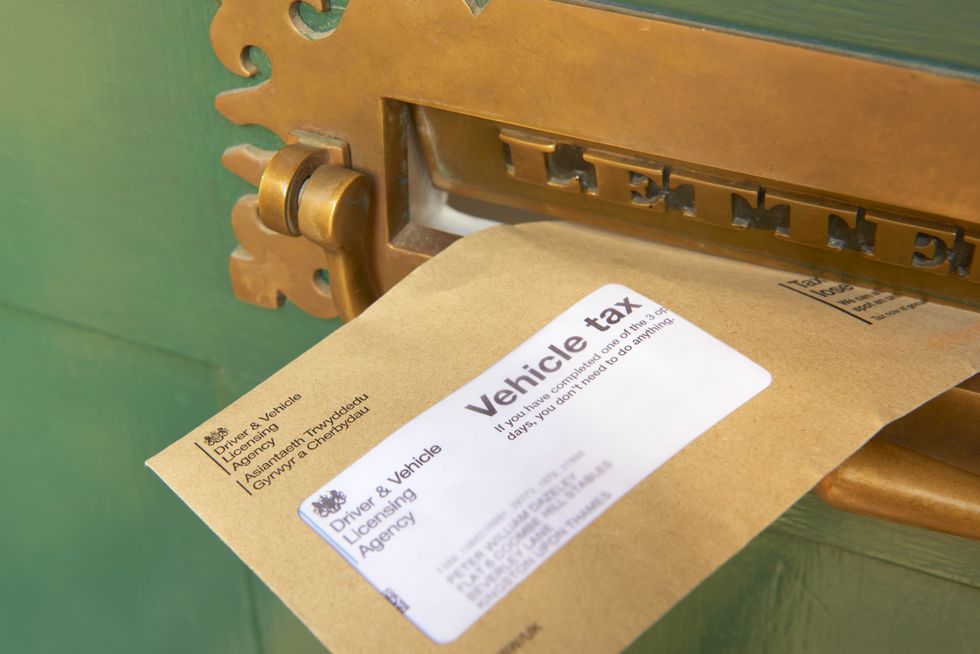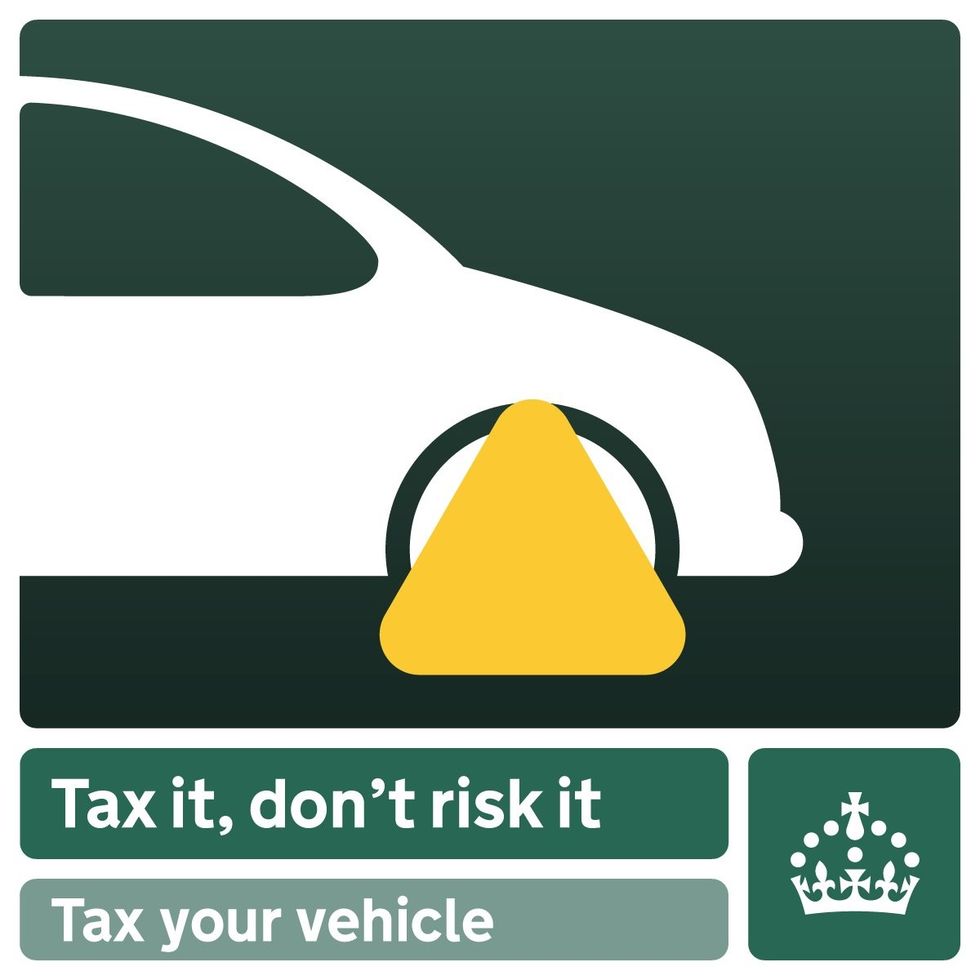WATCH: Rachel Reeves says she will continue to support the purchasing of electric vehicles
GB NEWS
The DVLA has urged motorists to 'Tax it, don't risk it'
Don't Miss
Most Read
Trending on GB News
Drivers are being urged to make sure their motoring documents are up-to-date ahead of car tax changes next year as Britons could face tax hikes.
The Driver and Vehicle Licensing Agency (DVLA) has called on motorists to ensure they are taxing their vehicles correctly or they could be punished.
If the DVLA identifies that a vehicle is untaxed and not declared off-road (SORN), drivers could be issued with a £80 fine, although circumstances could see motorists fined up to £2,500.
Posting on social media, the DVLA wrote: "You must tax your vehicle, even if you don't have to pay anything."
Do you have a story you'd like to share? Get in touch by emailingmotoring@gbnews.uk

The DVLA is urging motorists to tax their vehicles even if they don't pay anything
GETTYThis was accompanied by a link to the DVLA's car tax page on GOV.UK and the hashtags "#TaxItDontRiskIt" and "DVLADigital".
Electric cars do not currently need to pay Vehicle Excise Duty, although they must still be taxed, even if the motorist does not pay anything.
When taxing a vehicle, drivers need a reference number from a recent vehicle tax reminder letter, their vehicle log book (V5C) or the green "new keeper" slip from a log book if it has recently been purchased.
Almost a year ago, the DVLA introduced the "Driver and vehicles account" which aims to give motorists access to their important documents in one centralised place.
Britons are able to check their driving record, check penalty points, see when their MOT expires, set up vehicle tax reminders and view their Certificate of Professional Competence (CPC).
This comes ahead of changes being introduced within months which were announced during the Autumn Budget last month by Chancellor Rachel Reeves.
Under the new rules, the Government will uprate the standard Vehicle Excise Duty (VED) rates for cars, vans and motorcycles, excluding first year rates for cars, in line with the RPI from April 1, 2025.
Drivers of Heavy Goods Vehicles will also see their VED rates rise in line with RPI. The Government will also uprate the HGV Levy in line with RPI from April 1, 2025.
Van owners are also impacted by the new changes with Budget documents showing that the Van Benefit Charge and Car and Van Fuel Benefit Charges will be uprated by CPI from April 6, 2025.
However, the most important change will see the Government launch new VED First Year Rates to make electric vehicles more attractive to motorists and "widen the differentials" between EVs, hybrids and internal combustion engine cars.
Zero emission cars will pay the lowest first year rate at £10 until 2029-30, while cars emitting 1-50g/km of CO2, including hybrids, will increase to £113 for 2025-26.
The largest change will be seen for any cars emitting more than 76g/km of CO2, which will see rates double. While this will mean a modest hike for some to £270, owners of the most polluting vehicles will be slapped with a £5,490 bill.
LATEST DEVELOPMENTS:

The DVLA frequently reminds drivers to ensure they have taxed their vehicles correctly
X/DVLA
This is being done to make electric vehicles more attractive and to tax the vast majority of drivers from being able to afford the most polluting petrol and diesel vehicles.
Despite this, some experts were concerned that the Government did not go further and amend the Expensive Car Supplement rate for electric vehicles, which costs £490 for cars with a list price above £40,000.
The Budget noted that the Government identified the "disproportionate impact" of the current regime, but confirmed that changes would only be made at a "future fiscal event".








